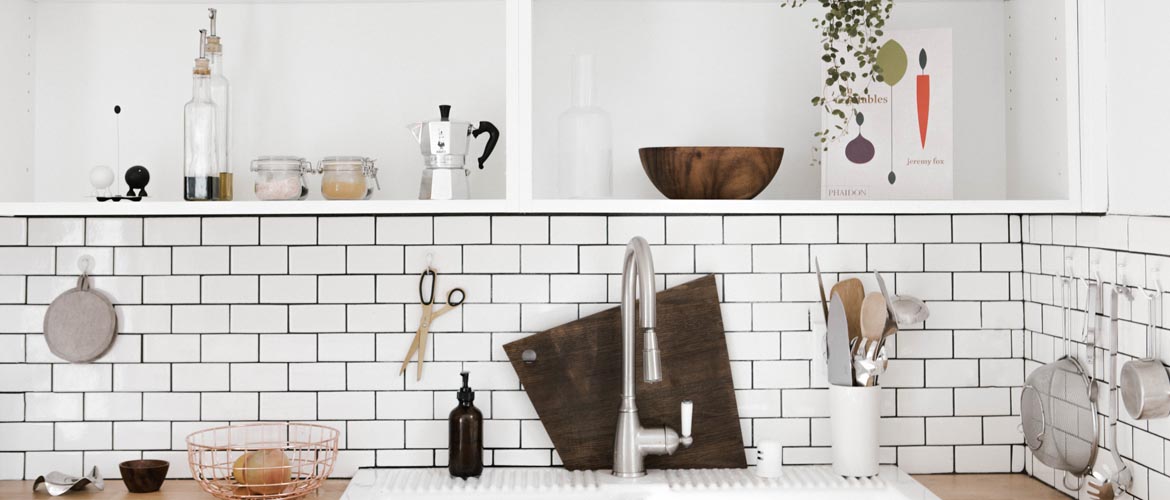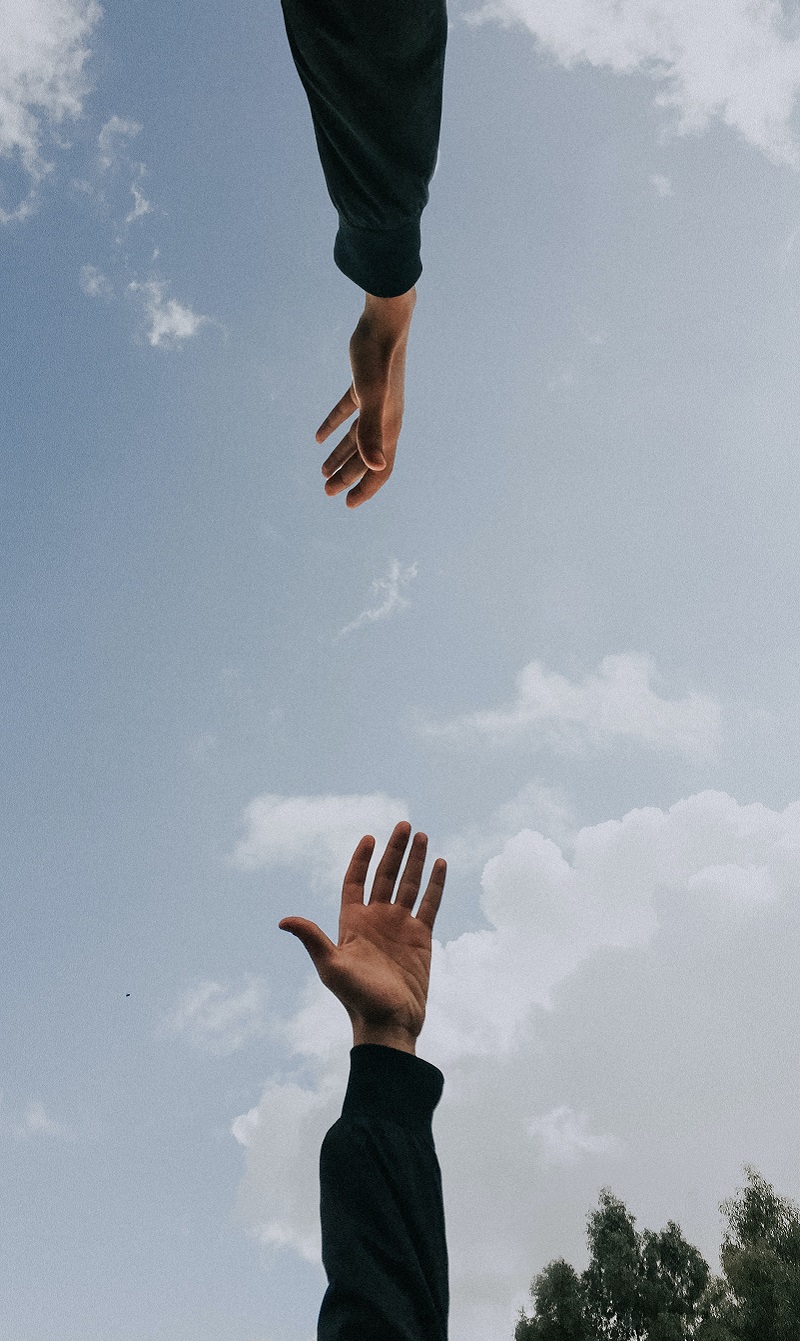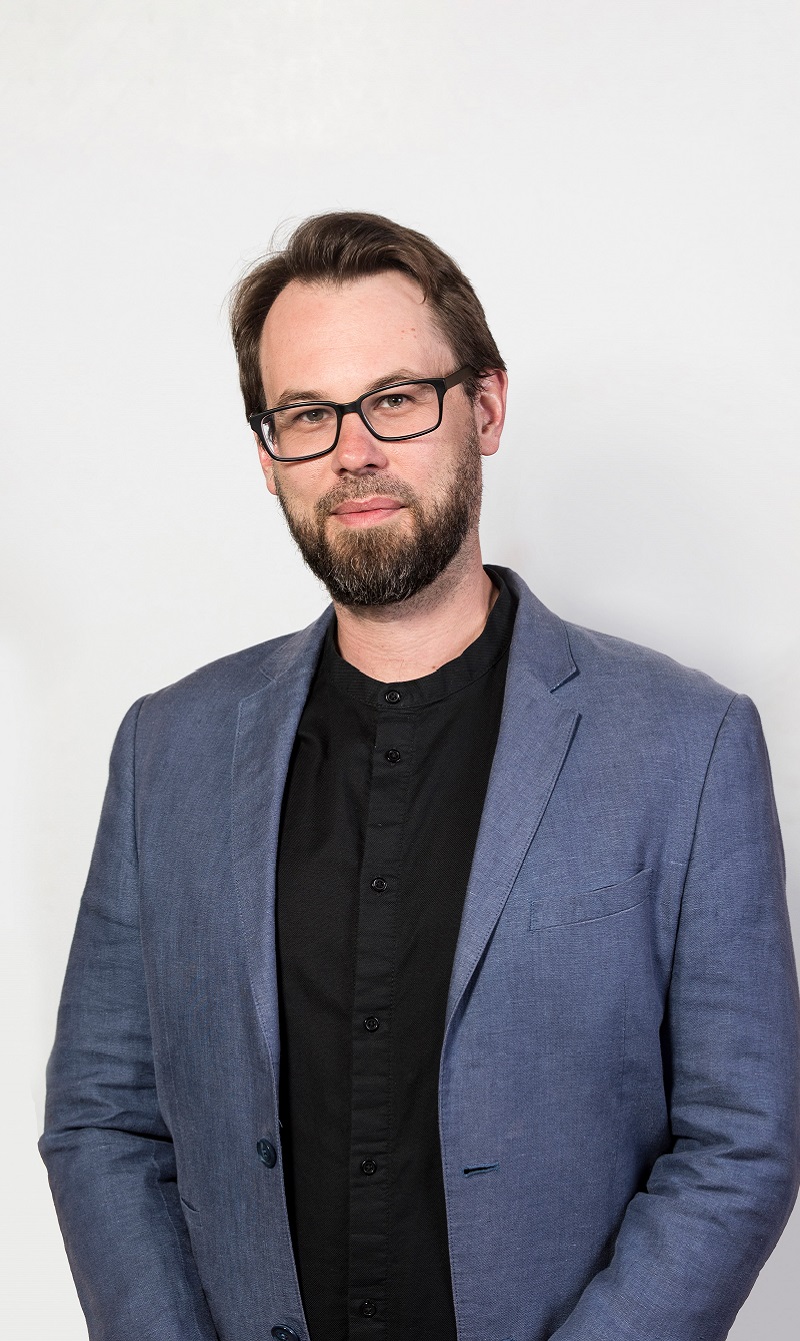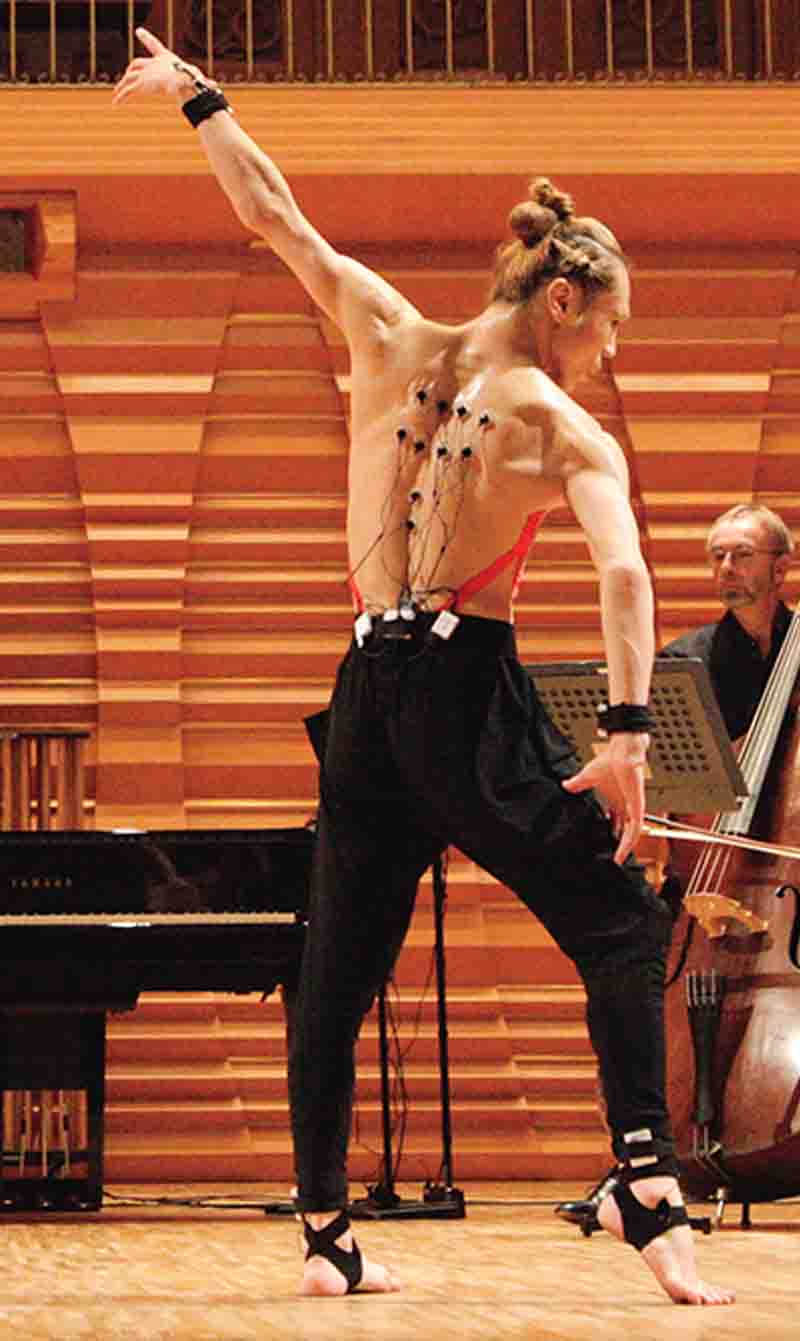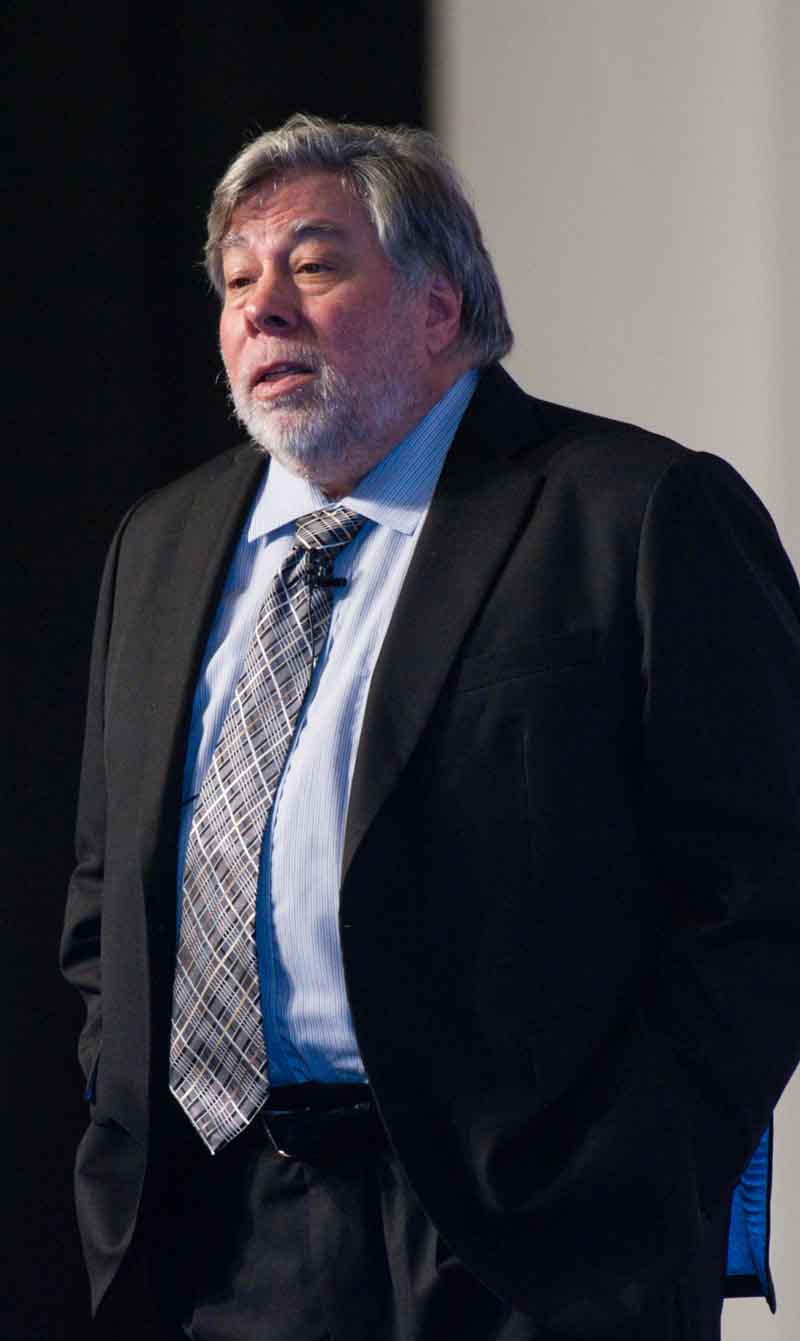It starts from home
Women who turn their preferred lifestyle into a business and practise sustainability in their business believe that they do it differently than men.
Decades of witnessing adverse effects of the plastic producing lifecycle, people are now being hit hard with negative environmental impacts. To keep their carbon footprint as tiny as possible, women have been leading businesses to support and promote a healthier environment for themselves and generations to come.
Pioneering sustainability
There have been many stories of women entrepreneurs starting businesses from home and encouraging sustainability. One of the pioneers was Dame Anita Roddick, a female environmental campaigner who founded The Body Shop in 1976. In 1970, she saw the idea at a shop that sold naturally-scented soaps and lotions in Berkeley, California. Since the very start, her British cosmetics, skin care and perfume company aimed at providing sustainable and quality skin care products on a global level.
Since then Dame Anita inspired millions by bringing sustainable products to a mass market. When she died in 2007, the British Prime Minister then, Gordon Brown, said, ‘She’ll be remembered not only as a great campaigner but also as a great entrepreneur.’
‘We’re still developing and finding new ways to package and become even better. If you’re not interconnected [with sustainability], then you really have no business in business,’ said The Body Shop’s managing director in West Malaysia, Datin Mina Cheah-Foong. The Body Shop’s marketing strategies were also aimed at funding conservation efforts. ‘If you purchase a product at The Body Shop, RM0.50 would go to an environmental cause, whether you pay that 0.50 cents for a carrying bag for your products or not,’ she added.
Claire Sancelot, a 40-year old mother of three from France and businesswoman, was also dedicated to preserving a sustainable lifestyle. Her idea started five years ago on her Facebook page when she lived with her family in Hong Kong. She became more conscious of her consumption patterns and realised how her baby created so much waste. She then decided to create ways to avoid less mess and less money spent on things she didn’t need. She began her zero-waste lifestyle to encourage the redesign of ones’ resources so that all products were reused.
In 2017, Claire opened The Hive store in Kuala Lumpur, Malaysia which sold food in bulks to avoid trash and plastic wastes. Her inspiration originated from her parents, back in the 1980s, who recycled paper and glass in Lille, France. According to Claire, in 1980s France, it wasn’t easy to recycle. ‘You had to drive to a big garbage recycling area to deliver the recyclable material. As an ardent believer in changing consumption habits, I hoped my family would join in my efforts [because] I see the need to change the way we consume,’ she said.
When Claire started selling in 2017, she had only 10 items on the shelf including beeswax wrapping and reusable sanitary pads. Now, that has more than doubled. She also got kicked out of her business by legal authorities because she wasn’t aware of a few rules. After a few discouraging incidences, a year later, she picked her business back up again. This time, stronger than ever. ‘A social entrepreneur can’t get everything right from the first go,’ she confidently put it.
Sustaining sustainability
To keep the business sustainable, Claire said that giving plastic and glasses was a great way to cut cost and market at the same time. ‘Workshops are also a great marketing tool which could double the sales of the day,’ she said. Her other sources of income stem from online and consulting services. But she advised aspiring entrepreneurs that the main key to keep something sustainable was that one has to do what one really loves to do. ‘You have to follow your passion,’ she reminded.
The real-estate and renovation for The Hive store cost her around USD10,000. However, she needed to do so because she was moving to a society where people meet face to face, not online. Today, she has a solid team of five employees within 13 months of operating but most of the money from the workshops went to farmers not The Hive. With this, she also empowered women and single mums to create soaps, shampoo, enzyme cleaners and even compost to sell at the store. ‘Composting is the number one thing to do,’ she added.
Final words
So, are women specifically dealing with issues in business or has it just become a fad? Though it may seem as though women are working in a factory of men, Mina said that it wasn’t because of that. ‘Women tend to not want or have time to network,’ she said. The challenge wasn’t about men holding women back but it was the way society was and the expectations of family.
Women might have it all but didn’t manage the way men did and that partly had to do with home responsibilities. ‘We[women] do business differently from men. I do business at the gym. Women work full time. It’s super tough,’ Claire confessed and specifically advised women to learn how to care for their body. ‘If you collapse the whole company collapses,’ she warned. Although the other two agreed they admitted there’s more to life than just business. ‘The business will go as the business will go,’ Mina added.
Serina Hijjas, architect director of Hijjas Kasturi Associates, said that the biggest criticism she got was because her father was doing the same thing. ‘People think I can’t be the one with the brains. It is the women who think we are not as good as [the men] are,’ she said.
Born in the 60’s, Serina understood greening the city of Kuala Lumpur and its benefits. After developing and designing buildings, she moved towards sustainable buildings. In 2017, the Heriot-Watt building was the first purpose-built green campus in Malaysia, designed and built by Hijjas Kasturi. It also won the Edge Malaysia-PAM Green Excellence Award. Serina was pushing and aiming for sustainability by using vertical gardens and reducing the use of energy in her architectural plans but she believed that power was still in the hands of the people. ‘Consumers actually have a lot more power,’ she said. She hoped to replicate a highway she saw in Seoul, where the highway was also a pedestrian road.
Though venturing into business might seem like a difficult track to take, selling the idea of sustainability might not be as tough. The women agreed, that the idea, vision and story behind their sustainable business were the reasons for their success. ‘Communicate more of your vision to your people,’ Mina concluded.
___________________
Photo Credit:
huyen.
